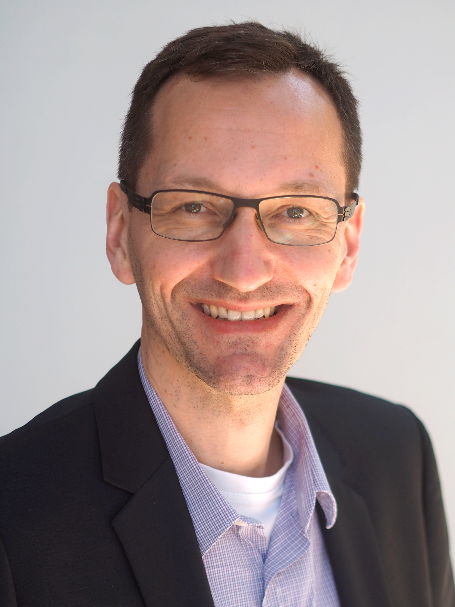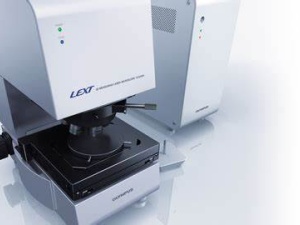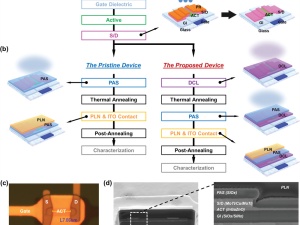Ask the Experts: Digital Image Processing
Science tries to reveal the fundamental rules of nature by experimental hypothesis testing. In this way, we try to come to a refined description of the ground truth. However, we cannot measure the ground truth. Humans are visual animals and we often erroneously take what we see at face value. This partly explains why microscopic imaging is so popular and why we easily become victims of several forms of bias when interpreting images. That is why planning and execution of microscopic experiments requires extreme rigor at every step.
This webinar focuses on image processing for noise reduction, contrast enhancement and feature extraction. Understanding how the mathematical transformations of digitized imaging work is imperative for an unbiased result. This will protect you from improper manipulation of image data and will result in consistent, high-quality digital images suitable for downstream analysis with a variety of segmentation, extraction and thresholding tools. In addition, some thoughts about the ethics of image processing and publication will be shared. Is image processing allowed, and if yes, under which circumstances? Figures 1 and 2 serve as a good example. Is it justified to apply background subtraction to an image to make it look prettier?
Speaker

Heiko Gaethje
Senior Trainer, Olympus
"Hello, my name is Heiko Gäthje. My expertise in widefield and confocal fluorescence microscopy and image processing of 3D data began when working as a biologist – I focused on neuronal development of insects and the structure of sialic acid binding neuronal proteins in mammals.
I joined Olympus in 2004 and I have been a microscopy trainer at the Olympus Academy since 2008, where I am responsible for the conception and introduction of digital learning tools. I also support and conduct microscopy training courses at the EMBL Heidelberg and the Zurich Winter School on Advanced Microscopy where I answer a lot of questions related to image processing and image analysis."


